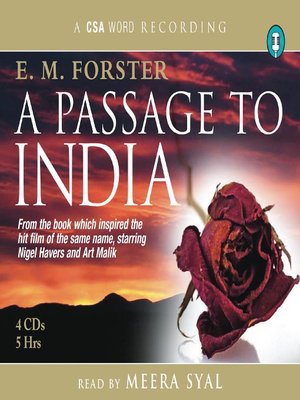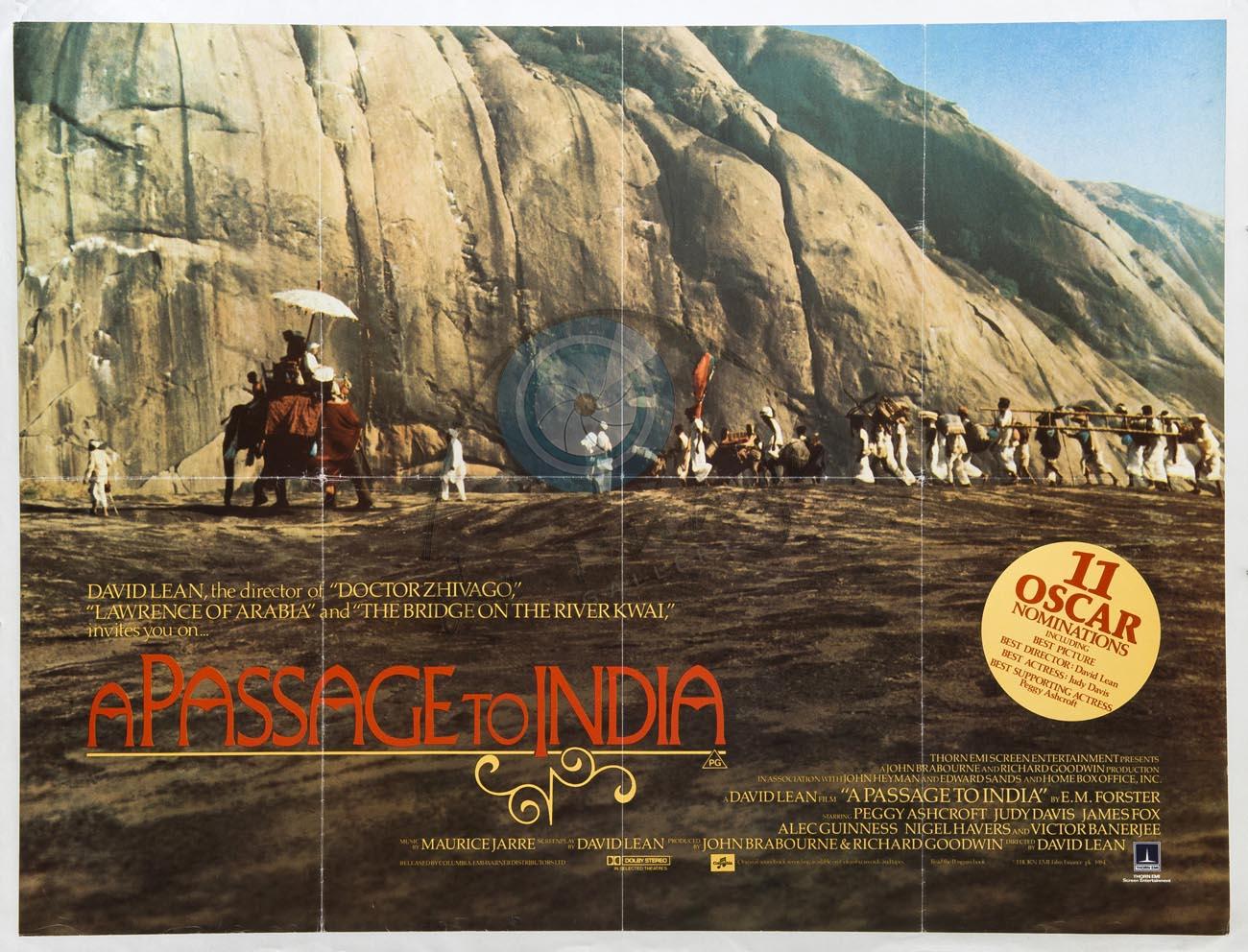
Even the English girl whose foolish hallucination is the cause of so much bitterness is decent, if dull. True, the English are hypocrites who cannot believe the natives are men like themselves, but they stand for a noble, if stupid, way of life based on service. You must immediately dislike the British, admire the renegades from the compound who try to make friends with the natives, and see the Indians with understanding and affection.īut, clear as all this is in the novel's outline, Forster's presence makes you less sure of your instincts as he fills in the story, things begin to seem complicated. There is no doubt whose side is the right one, which set of people are more human.

Of course in the novel, plot and conflict couldn't be more clear. This is a real loss, and must have presented a difficult problem for Santha Rama Rau-not simply because of all the eloquent and evocative passages that are left out, all the descriptions of India and its spirit, but also because the absence of Forster himself on the stage means that his story becomes slanted. You will miss his voice and his modest, fair comments on the story he is creating for you. What you are most likely to miss in a play made from a Forster novel is the figure of Forster himself, one of the most politely intrusive of modern novelists. If the message of Howard's End was that private relationships are all, that men must only learn to connect, the message of A Passage to India is that an unjust social order can be a stronger barrier to understanding than even sex that even lover between friends will drown in a sea of racial suspicion and hatred.

There is less creation, less imagining in it than you would expect from Forster, and more careful, studied understanding of what a people ruled by aliens is really like. It is a political and a social work, both the least personal and the most dramatically constructed of his novels. Part of the reason why A Passage to India is such a great success as a play is that the novel is quite a different sort of achievement from anything else that Forster has written. She has taken only the hard, tight plot of the book and fashioned of it a play crackling with enormous, concentrated tension, an exciting drama which yet retains much of the novelist's insight and generous wisdom.


Santha Rama Rau's stage adaptation of A Passage to India is-not to put too fine a point on matters-superb. Given the possibilities in the book, it was perhaps inevitable that some one would write a play based upon it, and some one has, with astonishing results. Forster's A Passage to India has come to be recognized as one of the finest novels of the century.


 0 kommentar(er)
0 kommentar(er)
